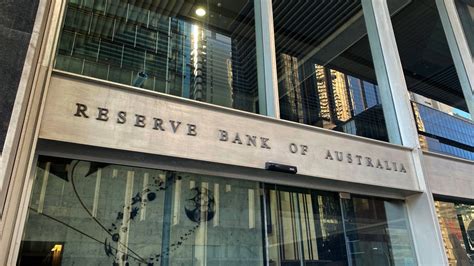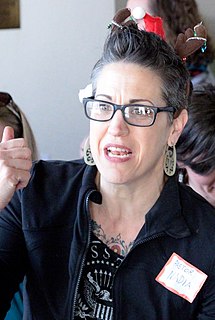A Quote by Andy Andrews
We begin to forgive by choosing to forgive . . . by deciding, not by feeling. Our feelings don't lead us to forgive. Most times, our feelings lead us the other way. That's why a person has to decide to forgive first. Our feelings always follow along behind our decisions.
Related Quotes
We forgive, if we are wise, not for the other person, but for ourselves. We forgive, not to erase a wrong, but to relieve the residue of the wrong that is alive within us. We forgive because it is less painful than holding on to resentment. We forgive because without it we condemn ourselves to repeating endlessly the very trauma or situation that hurt us so. We forgive because ultimately it is the smartest action to take on our own behalf. We forgive because it restores to us a sense of inner balance.
If we can forgive everyone, regardless of what he or she may have done, we nourish the soul and allow our whole being to feel good. To hold a grudge against anyone is like carrying the devil on your shoulders. It is our willingness to forgive and forget that casts away such a burden and brings light into our hearts, freeing us from many ill feelings against our fellow human beings.
Forgiveness is a strange thing. It can sometimes be easier to forgive our enemies than our friends. It can be hardest of all to forgive people we love. Like all of life's important coping skills, the ability to forgive and the capacity to let go of resentments most likely take root very early in our lives.
We all commit our crimes. The thing is to not lie about them -- to try to understand what you have done, why you have done it. That way, you can begin to forgive yourself. That's very important. If you don't forgive yourself you'll never be able to forgive anybody else and you'll go on committing the same crimes forever.
True friends see who we really are, hear our words and the feelings behind them, hold us in the safe harbor of their embrace, and accept us as we are. Good friends mirror our best back to us, forgive us our worst, and believe we will evolve into wise, wacky, and wonderful old people. Dear friends give us their undivided attention, encourage us to laugh, and entice us into silliness. And we do the same for them. A true friend gives us the courage to be ourselves because he or she is with us always and in all ways. In the safety of such friendships, our hearts can fully open.
To forgive the incessant provocations of daily life - to keep on forgiving the bossy mother-in-law, the bullying husband, the nagging wife, the selfish daughter, the deceitful son - how can we do it? Only, I think, by remembering where we stand, by meaning our words when we say in our prayers each night, “Forgive our trespasses as we forgive those who trespass against us.” We are offered forgiveness on no other terms. To refuse it is to refuse God’s mercy for ourselves. There is no hint of exceptions and God means what he says.
You know, Sage, Jesus didn't tell us to forgive everyone. He said turn the other cheek, but only if you the one who was hit. Even the Lord's Prayer says it loud and clear: Forgive us our trespasses, as we forgive those who trespass against us. Not others. What Jesus challenges us to do is to let go of the wrong done to you personally, not the wrong done to someone else. But most Christians incorrectly assume that this means that being a good christian means forgiving all sins, and the sinners.
When we forgive someone, we do not forget the hurtful act, as if forgetting came along with the forgiveness package, the way strings come with a violin. Begin with the basics. If you forget, you will not forgive at all. You can never forgive people for things you have forgotten about. You need to forgive precisely because you have not forgotten what someone did; your memory keeps the pain alive long after the hurt has stopped. Remembering is the storage of pain. It is why you need to be healed in the first place.

































